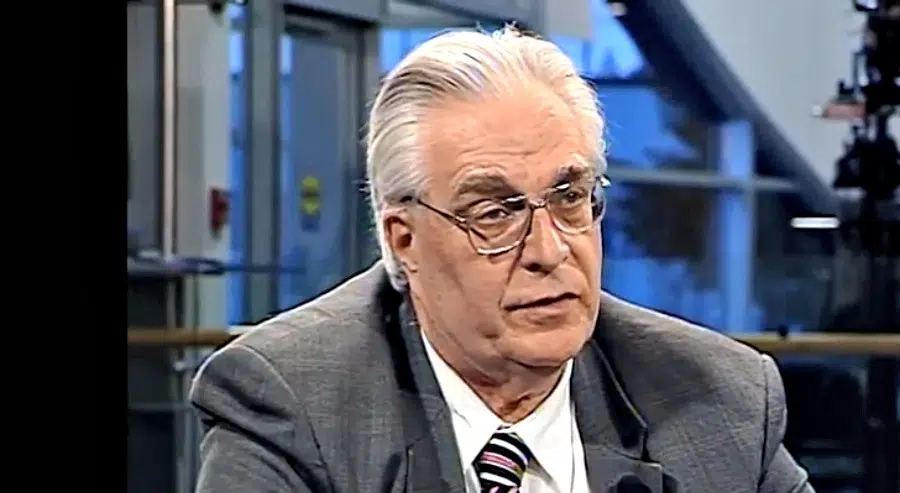
‘There’s only one serious contender:’ political pundit weighs in on electoral reform
NANAIMO — A longtime political commentator believes only one electoral reform proposal has a realistic chance of being adopted, following the release of three proportional representation pitches in B.C.
Former VIU political science professor and retired MLA Allan Warnke told NanaimoNewsNOW he can only foresee the mixed-member system potentially being accepted by British Columbians when a referendum takes place this fall.
Warnke said both the dual-member and rural-urban options are largely untested, and most people are familiar with the mixed-member concept.
A mixed-member system would combine single-member electoral districts, where members are elected under the current first-past-the-post system, with seats also allocated on a regional or provincial level and based on a list of candidates running for proportional representation seats prepared by the parties.



